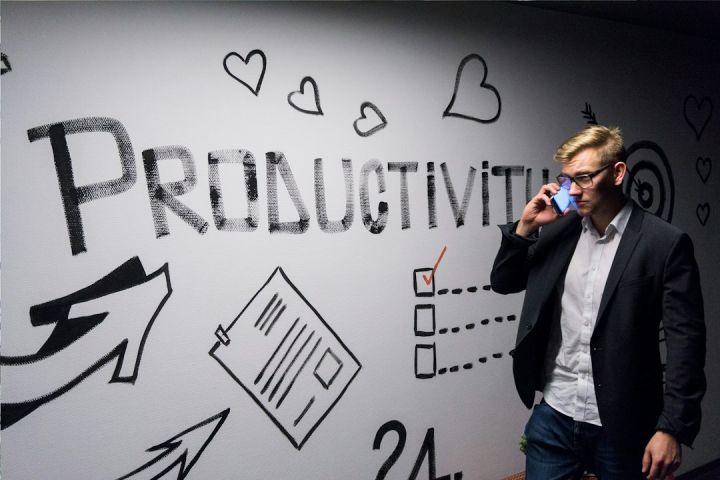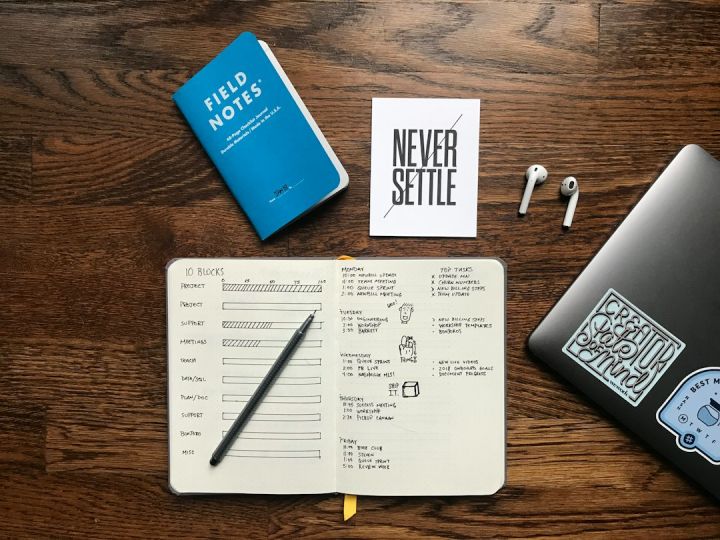How to Create Efficient Workflows in Your Business?
In today’s fast-paced business world, efficiency is key. In order to stay competitive and meet the demands of customers, it is crucial for businesses to have effective workflows in place. A well-designed workflow can streamline processes, minimize errors, and ultimately increase productivity. In this article, we will explore some practical tips on how to create efficient workflows in your business.
Understand Your Current Processes
The first step in creating efficient workflows is to gain a thorough understanding of your current processes. Take the time to analyze each step of the workflow and identify any bottlenecks or areas that can be improved. This will help you determine where changes need to be made in order to optimize efficiency.
Eliminate Redundancies
One of the main culprits of inefficiency in a workflow is redundancy. Look for any tasks or steps that are duplicated or unnecessary and eliminate them. This can free up valuable time and resources that can be better utilized in other areas.
Automate Where Possible
Automation is a powerful tool when it comes to creating efficient workflows. Look for tasks that can be automated using technology or software. This can include things like data entry, report generation, or scheduling. By automating repetitive tasks, you can save time and reduce the risk of errors.
Standardize Processes
Standardizing processes is another key factor in creating efficient workflows. By establishing clear guidelines and procedures for each step of the workflow, you can ensure that tasks are completed consistently and accurately. This can also help to minimize confusion and improve communication among team members.
Delegate Responsibilities
Delegating responsibilities is essential for creating efficient workflows. Identify tasks that can be assigned to specific team members based on their skills and expertise. By distributing the workload effectively, you can prevent bottlenecks and ensure that tasks are completed in a timely manner.
Implement Collaboration Tools
In today’s digital age, collaboration is easier than ever before. Implementing collaboration tools can greatly enhance the efficiency of your workflows. These tools can include project management software, communication platforms, and file sharing systems. By providing a centralized platform for team members to collaborate and share information, you can streamline processes and improve productivity.
Continuously Monitor and Improve
Creating efficient workflows is not a one-time task. It requires continuous monitoring and improvement. Regularly evaluate your workflows to identify any areas that can be further optimized. Solicit feedback from team members and be open to making necessary changes. By maintaining a mindset of continuous improvement, you can ensure that your workflows remain efficient and effective.
Conclusion: Creating Efficient Workflows for Success
Efficient workflows are essential for the success of any business. By understanding your current processes, eliminating redundancies, automating tasks, standardizing procedures, delegating responsibilities, implementing collaboration tools, and continuously monitoring and improving, you can create workflows that optimize productivity and minimize errors. Remember, creating efficient workflows is an ongoing process, so be prepared to adapt and evolve as your business grows and changes.






